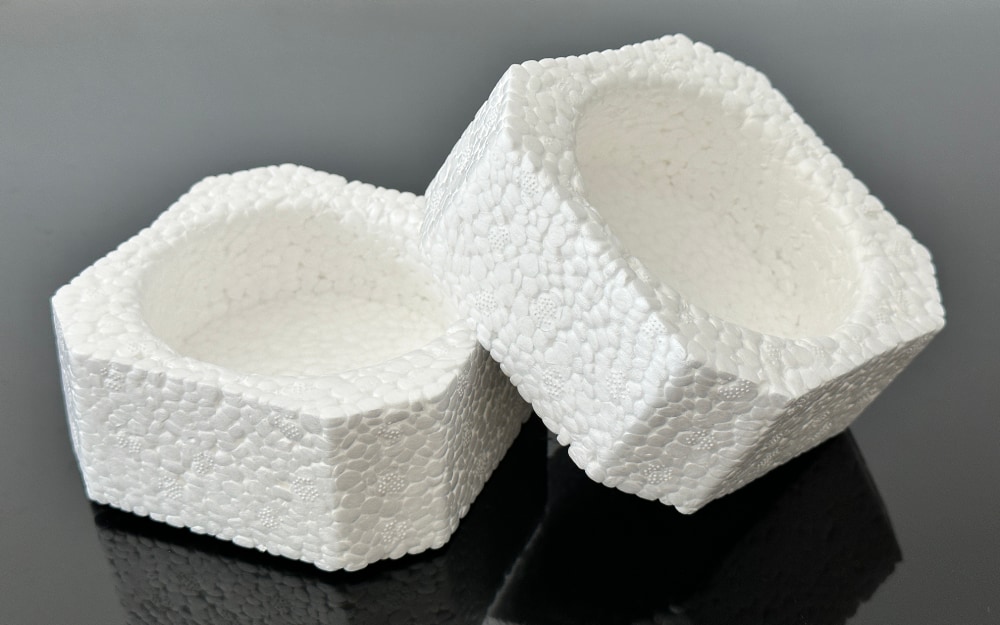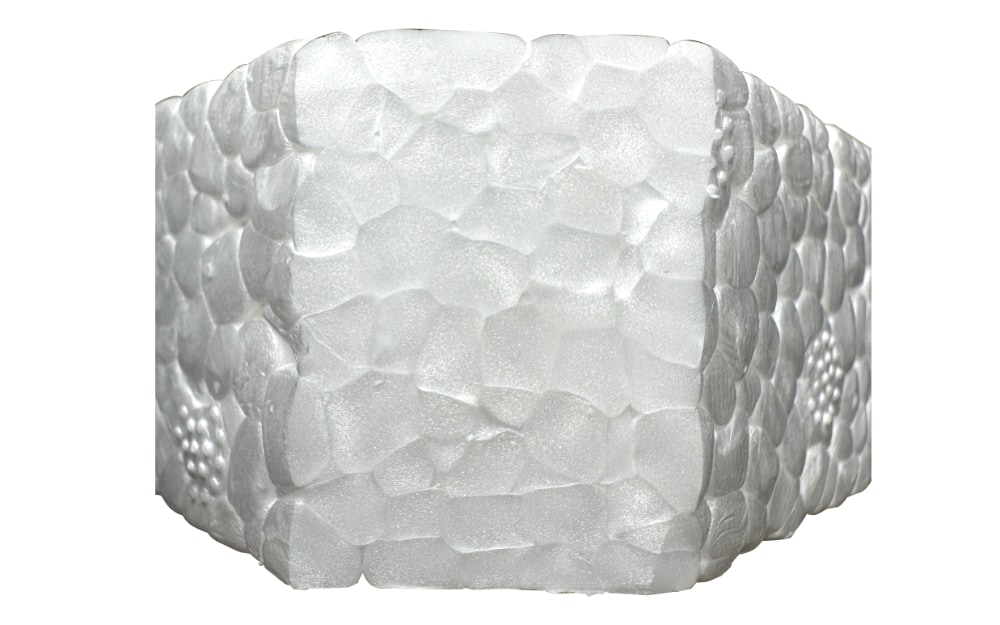Biodegradable PLA Foam Beads Production Line
Polylactic acid (PLA) is a polyester derived from renewable biomass, usually made from fermented vegetable starches such as corn, tapioca, sugar cane or beetroot. Therefore, PLA foam is one of the most eco-friendly solutions in the packaging industry today. Its raw material production and product applications meet the requirements of sustainable development, its products are completely biodegradable, and compared with other paper packaging, it has excellent functionality.
As a polyester-like material, PLA’s processing characteristics are similar to other polyester materials. Before foam extrusion, PLA raw materials need to be dried. The dried PLA raw materials and additives are respectively fed to the primary extruder through the loss-in-weight dosing system. When the raw material is plasticized and the extrusion system has established sufficient back pressure, CO2 is injected into the barrel to mix with the molten material. At this time, CO2 becomes supercritical and fully mixes and dissolves with the molten material. The mixed material enters the secondary extruder. The secondary extruder lowers the material temperature to a temperature suitable for foaming through precise temperature control, and then the material flows out through the die. Due to the huge pressure degradation inside and outside the die, materials containing supercritical CO2 will foam rapidly. Next, the foamed material is cut into foam beads through a pelletizer.
PLA foam beads can be molded into foam products of various shapes, which can replace traditional disposable packaging materials such as EPS, EPE and EPP. Since PLA foam beads are extruded by extrusion system, its flexible production process allows the addition of various functional additives to meet the diverse requirements of customers. At present, Useon has a number of patents for this technology, which can provide customers with a real overall solution for degradable plastic foam packaging materials.


